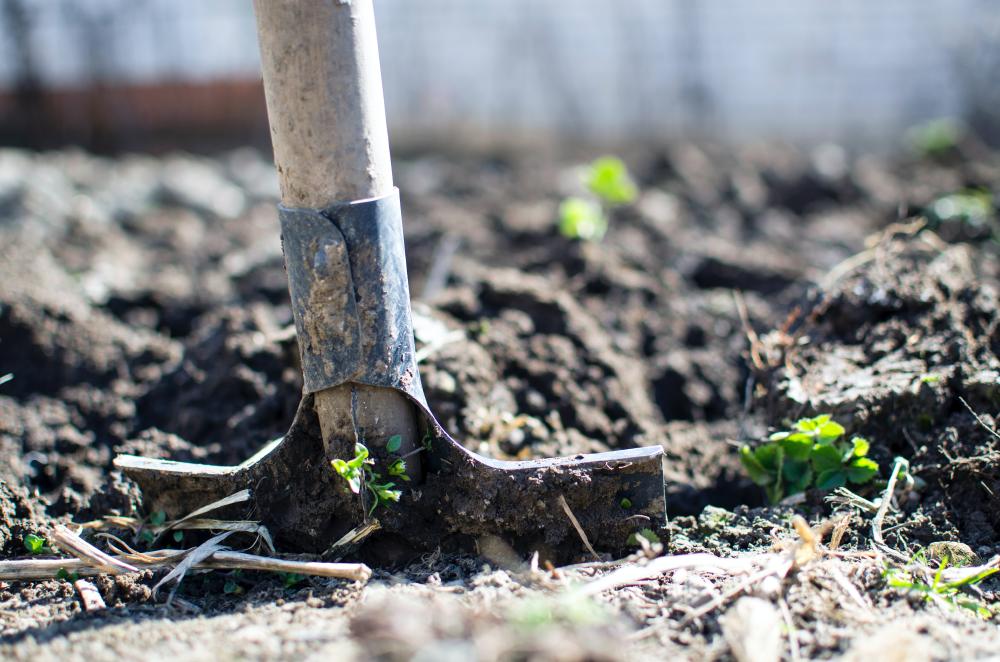
Ashes In Compost? What Are The Dos and Don'ts? You might be asking yourself: should I put ashes on my plants? And surprisingly, the answer is yes (with a few remarks). Although you really need to be careful and research a little, so you don't make mistakes. There are a few tricks for you to know when and how to use ashes as fertilizer or put ashes in your compost
Basically, ashes are a big source of lime and potassium, key components for healthy soil. And there are two ways you can use it, you can either scatter them right into the soil, or you can add them to your compost bin. You'll have the richest, most nutritious compost of all.
So let's talk about the benefits and ways you can start incorporating ashes in your compost.
This might sound weird to you, but ashes can be used on your compost and even on the soil of your plants. But there are a few things you need to know about it. First of all, not all ashes work; you need to be careful about which ashes you use because you can damage the ph of your soil.
The secret is this: wood ash is alkaline, which basically means that it has a greater than seven pH level. So, if you add wood ashes to compost, it will help the compost to be more alkaline and less acidic, making it easier for plants to grow. It creates better conditions for most plants and vegetables.
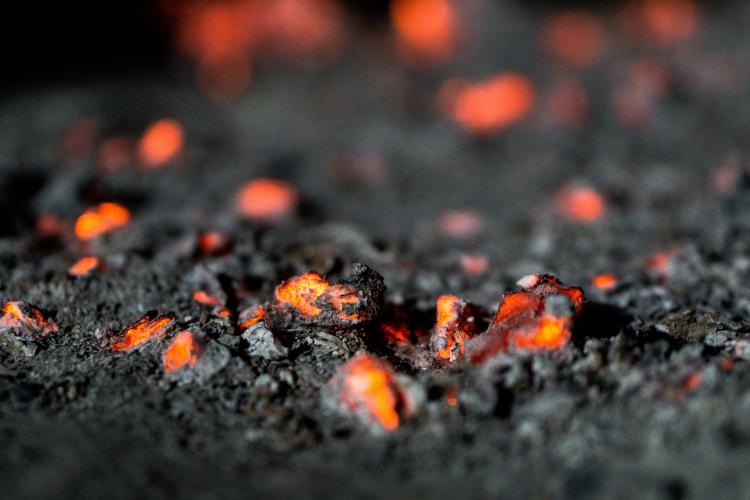
These are a few benefits of using ashes on your compost:
It can add nutrients to the soil:
Even though the last three are in the ashes in small amounts, if you use them regularly, your soil will be full of nutrients. And here is why: ashes, like wood ash, thanks to the nutrients they have, can increase the pH of the soil, making it the perfect natural fertilizer.
But! That some ashes are good for the soil doesn't mean every ash is good. So here is a list of ashes you don't want to put near your plants:
The best ashes for you to use on your compost are fireplace ashes. These ashes primarily come from woods called "hardwoods," such as:
These woods have a higher amount of nutrients and minerals. Make sure they are not painted or treated with any chemical; this could harm your compost environment. So keep an eye on those woods; these are the ones we want to keep an eye on. On the other hand, ashes that come from woods like:
These types of woods will add a lower quantity of nutrients and minerals to the ash you use on your compost.
Even though ashes seem to be magic, the circumstances have to be precise, and the types of plants you're going to fertilize need to be ready, and they need to be certain plants.
So let's figure out how and when to add ashes to your compost.
Since ashes generally have a lot of calcium, it will increase the pH of the soil and the compost you put them in, making it balanced if too acidic.
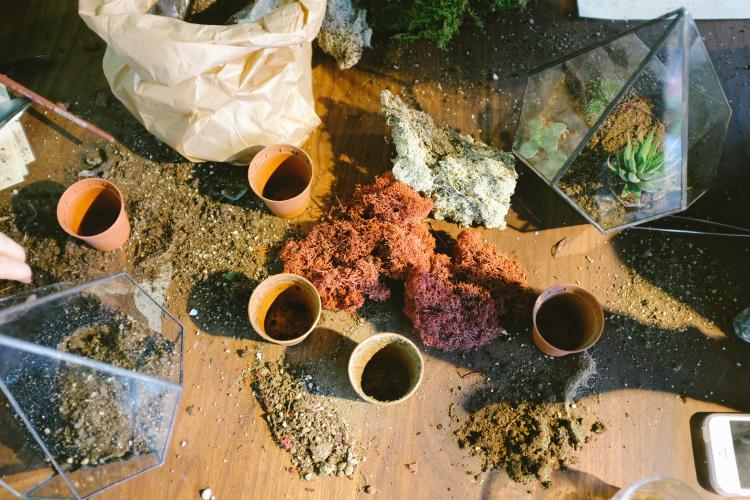
So first things first: if you are looking to use ashes in your compost or on the soil, you first have to make sure the soil will handle it well. This is if the soil is already alkaline or neutral, you don't want to add ashes to it since it might not turn out doing good.
So here is a list of tips to test your soil:
This test will allow getting to know your soil, what it's missing and what it doesn't need. They might look really hard to read, but they usually come with a table where you can easily figure out what is missing.
Another way to test your soil is DIY which might not come with a chart, but you can google that. Here is how to do it:
Since these results won't tell you the exact values of the nutrients and minerals your soil has, they are not very accurate. But this can at least give you an idea of what to do regarding using ashes on your compost.
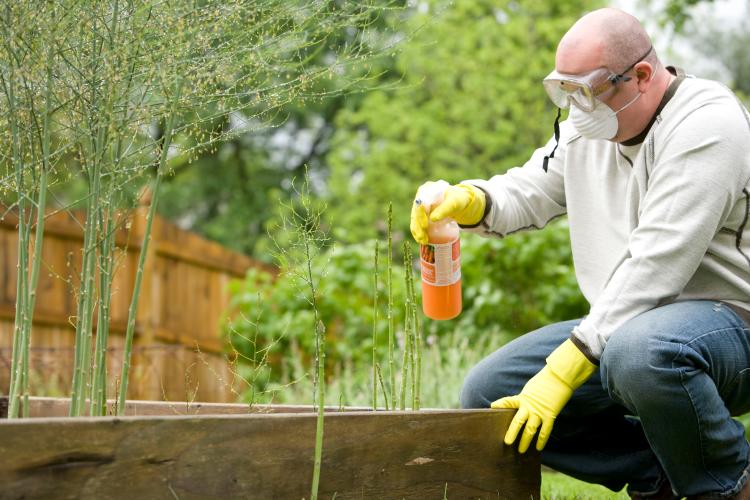
There is one big step for it:
And this is a list of tools you might need:
These last two are for enriching your compost if you don't already have it ready.
So, once you are ready and you have already picked the kind of wood you want to use for ashes, just set them on fire. You can use this opportunity to make a bonfire and enjoy a nice evening outside. Maybe even make some smores! Just make sure you don't use any chemicals while lighting up the fire.
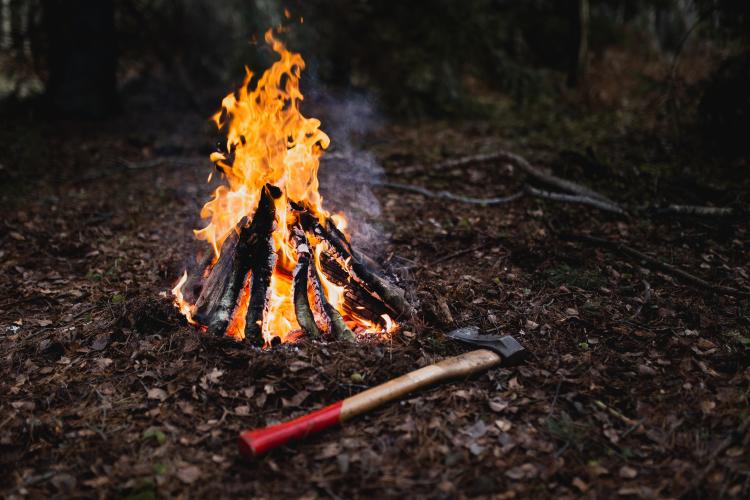
After you are done with the fire, if you are outside, cover the rest of the burnt wood until you are ready to gather them. This way, you'll avoid them flying away with the wind.
You should use a shovel, try to get the most ashes you can, and put them in a plastic bag or a can so you can use them anytime you like.
Moderation is key. It all depends on what kind of soil you are working with, but for it to work, you need to try it first in small amounts. This way, you can see how it progress, is all about patience here.
Now it's time to get your hands in the game. So, if you are doing this with compost that has already been active for a while, you should use a small number of ashes and mix them with the rest of the mix.
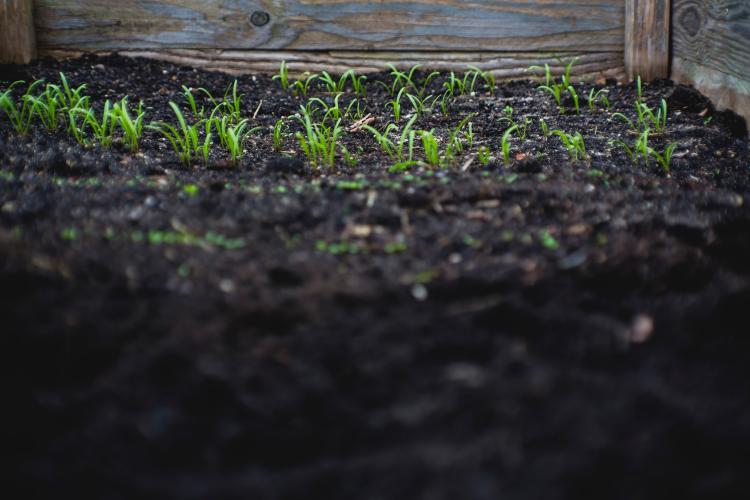
Make sure that when you add the ashes to your compost, you shouldn't be able to see them. They should immediately mix with the rest of the matter in the compost. If some pieces do stick out, that might mean you are adding more than you should.
You can also apply the ashes straight to the soil or can scatter the ashes around and make sure they are around the roots.
A few grams of ashes every 2 to 4 months are more than enough to keep the balance of pH and the nutrients in the soil.
If you don't already have your compost, here is an article you might find useful: How to Make a Compost Pile? All You Need to Know About It here, we explain how to create your perfect compost pile for you to start your composting process. And you will also enjoy this guide on What Can I Compost? A Complete List of Things You Can Compost
And finally, don't give up! Sometimes it can be hard, but you can do it!